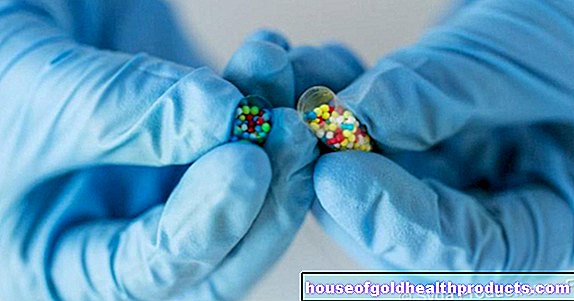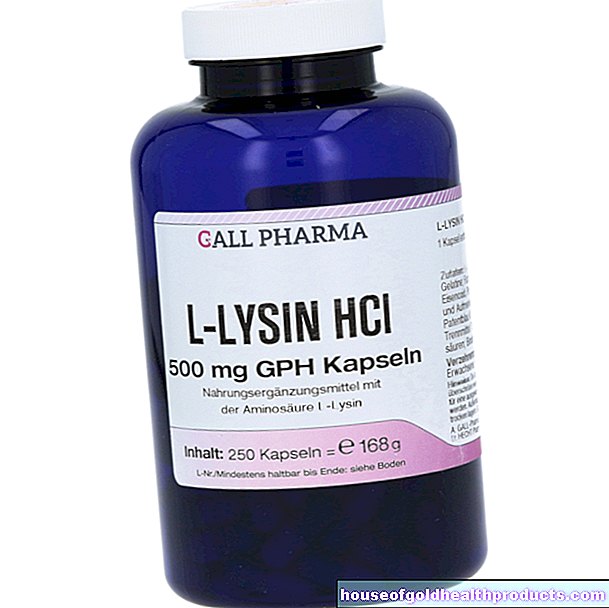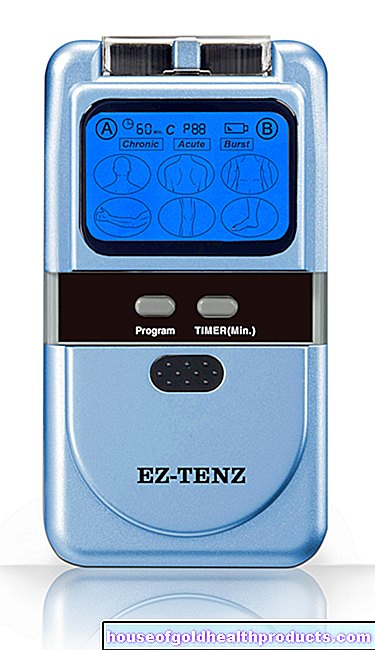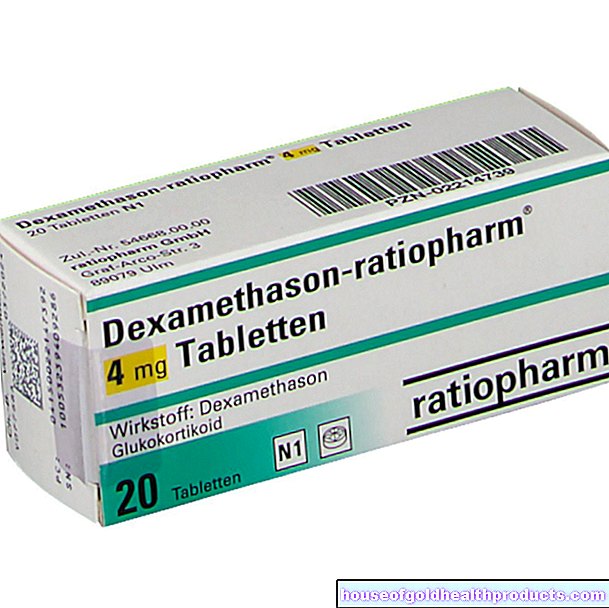COVID-19: Can An Anti-Inflammatory Save Lives?
Ana Goldscheider studied journalism and corporate communication in Hamburg and is now completing additional training as an editor. In a medical editorial office, she writes texts for print magazines and, among other things.
More about the experts All content is checked by medical journalists.Dexamethasone has long been used to treat inflammatory diseases. It is now showing that it could save the lives of seriously ill Covid 19 patients. The World Health Organization (WHO) is already talking about a breakthrough. But there are also voices warning against premature euphoria.
The anti-inflammatory drug dexamethasone could lower the death rate in severe Covid-19 courses. This is indicated by preliminary results of a clinical study that have not yet been published.
Death rate drops by a third among those who are ventilated
Patients who have to be ventilated would particularly benefit. If they received the drug, the death rate fell by a third, as the lead scientists from Oxford University report in a press release. Of the ventilated patients who did not receive the drug, 41 percent died.
It fell by a fifth in the patients who received only oxygen but were not artificially ventilated. The treatment had no benefits for patients who did not need oxygen at all.
Based on the numbers, treating eight seriously ill Covid-19 patients with dexamethasone would prevent one death, the statement said.
WHO speaks of a breakthrough
Dexamethasone is the first agent to reduce the mortality of Covid-19 patients who are dependent on oxygen or ventilators, said WHO chief Tedros Adhanom Ghebreyesus on Wednesday, according to a statement.
A particular advantage of the drug: it is inexpensive and available worldwide. "It can be used immediately to save lives around the world," explains Peter Horby, one of the study leaders.
As part of the study, the scientists examined the suitability of various drugs that have already been approved as agents against Covid-19. In total, more than 11,500 patients from over 175 clinics in the UK were enrolled in the study.
The dexamethasone part of the study included a total of 2104 patients who received six milligrams of dexamethasone once a day for ten days. 4321 patients served as a control group.
Premature evaluation?
Tobias Welte from the Hannover Medical School, however, warns against rash euphoria. The result sounds impressive, but so far there is only one press release. "Before you have seen the complete manuscript, which has been assessed by independent reviewers, you cannot assess the value of the study," says the pulmonologist.
Above all, it is important to see that the dexamethasone group and the comparison group are actually comparable. Possible differences could be the condition of the patient and the presence of other risk factors.
In fact, dexamethasone would not be the first agent that did not fulfill the initial hopes in the treatment of Covid-19: The malaria drug chloroquine was also initially considered to be a beacon of hope against Covid-19. In the meantime, the American drug agency FDA has withdrawn the drug's emergency approval for use in the treatment of Covid 19 patients.
What about the side effects?
It is also important to work out the side effects even further from the data, said Maria Vehreschild, head of the Infectious Diseases Department at the University Hospital of Goethe University Frankfurt.
It should also be considered in the results that dexamethasone slows down the immune response against the virus and could lead to the virus being eliminated more slowly, added Bernd Salzberger, Head of Infectious Diseases at the Regensburg University Hospital and President of the German Society for Infectious Diseases.
The active ingredient has been used for decades
Dexamethasone has been used in medicine for more than 50 years. The active ingredient is found in a wide variety of drugs that suppress the immune system to stop allergic and inflammatory processes. The active ingredient is used, among other things, in neurology (for cerebral edema), for respiratory diseases (asthma), in dermatology, oncology and infectious diseases. It can be administered internally as well as externally. With short-term administration, the risk of side effects is generally low. (ag / dpa)
Tags: therapies vaccinations drugs





























